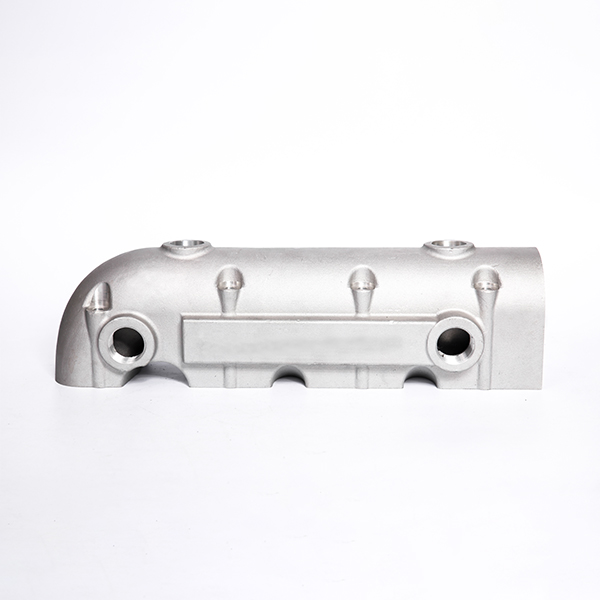Mobile:+86-311-808-126-83
Email:info@ydcastings.com
sand casting supplies
Sand Casting Supplies Essential Components for Successful Metal Casting
Sand casting is one of the oldest and most widely used metal casting processes, appreciated for its versatility and cost-effectiveness. This method involves creating a mold from a mixture of sand and a bonding agent, usually clay, which can then be filled with molten metal to produce complex shapes and components. For successful sand casting, a variety of supplies are essential. This article explores the key components involved in the sand casting process!
1. Sand
The primary supply for sand casting is, of course, the sand itself. The type of sand most commonly used is silica sand, prized for its high melting point and ability to withstand the heat of molten metal. Sand grains should be uniformly sized to ensure a smooth surface and consistent mold quality. Additionally, the sand is often combined with a binder, such as clay, to give it better cohesion and strength.
There are different types of sand used in casting - Green Sand This is a mixture of sand, clay, and water. It is the most commonly used type of sand for molding because of its availability and ease of use. - Dry Sand This type has been thoroughly dried to remove moisture. It is suitable for intricate designs that require precision. - Resin Sand This sand incorporates resin as the bonding agent, providing high strength and better surface finish, which is ideal for high-precision applications.
Molding tools are critical for shaping the sand into precise molds. This category includes - Mold Boxes These are sturdy containers that hold the sand in place while shaping the mold. They come in various sizes depending on the components being made. - Pattern The pattern is a replica of the desired final product. Patterns can be made from various materials, such as metal, wood, or plastic, and are crucial for ensuring proper mold formation. - Rammers and Strikers These tools compact the sand around the pattern to create a solid mold. Proper compaction is vital to avoid defects in the final casting. - Gating System This consists of channels that guide the molten metal into the mold cavity. The design of the gating system is essential to ensure smooth metal flow and minimize turbulence.
3. Molding Sand Additives
sand casting supplies

In addition to the main sand, various additives can improve the mold’s properties. These include - Bentonite Clay This natural clay enhances the binding properties of sand, ensuring better mold strength. - Chemical Hardener For molds requiring rapid setting times, chemical hardeners can be added to the sand mixture to accelerate the curing process.
4. Furnace and Melting Equipment
Once the molds are prepared, it’s time to melt the metal. The furnace is a crucial supply for any sand casting operation. There are several types of furnaces - Induction Furnace This type uses electromagnetic induction to heat the metal, providing efficient and controlled melting. - Crucible Furnace Simple and often used for small-scale operations, crucible furnaces allow for easy melting of small metal quantities. - Cupola Furnace Commonly used in foundries, the cupola furnace is suitable for melting cast iron in larger quantities.
5. Safety Gear
Safety is paramount in any metalworking environment. Proper safety gear should always be on hand, including - Heat-Resistant Gloves Prevents burns when handling hot materials. - Face Shields and Goggles Protect the eyes and face from splashes and particle debris. - Respirators Used when working with fine sand or any harmful fumes emitted during the melting process.
Conclusion
Sand casting is a fascinating and intricate process that requires a wide array of supplies to achieve successful results. From high-quality sand and appropriate molding tools to effective melting equipment and safety gear, each component plays a vital role. Understanding and acquiring these supplies is essential for both novice and experienced metal casters aimed at producing high-quality castings. With the right tools and materials, the possibilities in metal casting are virtually limitless!
-
Impeller Technology That Powers Precision in Pump SystemsNewsMay.22,2025
-
Valve Durability Begins with Quality Cast Iron ComponentsNewsMay.22,2025
-
Performance Cooling with Advanced Automobile Water Pump SolutionsNewsMay.22,2025
-
How Motor Housing and Oil Pans Shape Engine PerformanceNewsMay.22,2025
-
How Metal Castings Drive Modern Manufacturing EfficiencyNewsMay.22,2025
-
Exploring the Engineering Behind Valve Body CastingsNewsMay.22,2025











